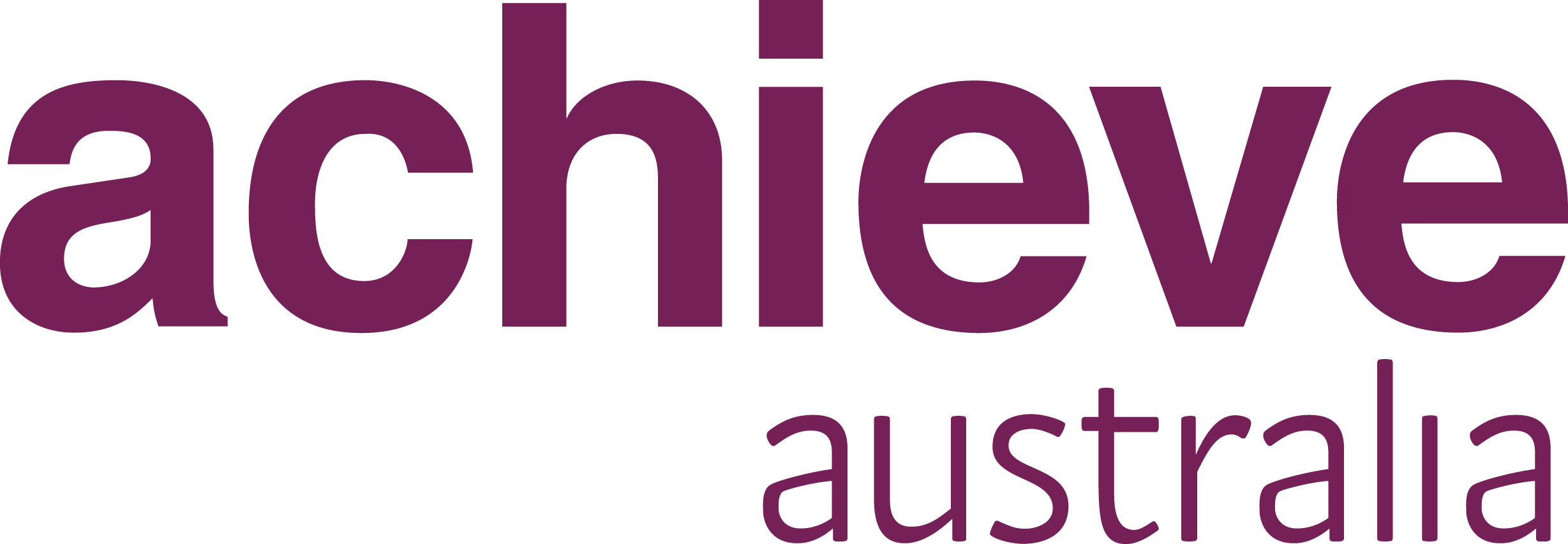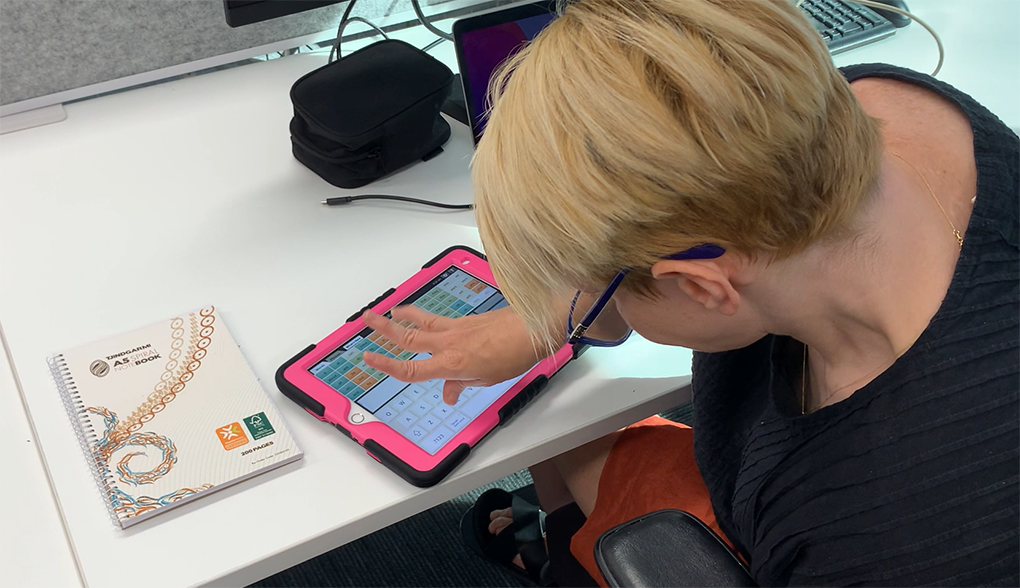By Achieve Australia Writer and Researcher, Fi Bridger
22 September 2023
Research shows employees with disability are a big plus for any workplace so why do they still hit so many barriers in securing a job?
The unemployment rate of people with disability is around 53.4%, compared to 84.1% of people without disability. And yet the statics say that people with disability generally take fewer days off, less sick leave and stay in jobs longer than other workers.
Maybe the answer lies in how well prepared the rest of the workforce is to welcome colleagues with disability. There is so much support available for employers to get prepared - it is more than time to close the employment gap.
People with disability want to be treated like anyone else in the workplace, and definitely not like an outcast or a sympathy hire.
How Disability Employment Services (DES) supports employers
The workplace must be inclusive of everyone. One way of doing this is ensuring that it is physically easy to access. This means kitting out your workplace with equipment such as adjustable tables, ramps (to Australian standards, not hills), wide enough doors and similar things.
The government provides employers with lots of assistance to make it as easy as possible to employ people with disabilities. This includes financial support for accessible equipment and paying salaries.
The DES website provides information on everything employers need to know. The agency can also liaise between the employer and people with disability (PWD) employees to ensure all parties are happy with the adjustments made and check if there are further needs to be met.
How DES supports PWD employees
DES focus on assisting employees to get set up in new workplaces, and even organise equipment such as adjustable desks. They also can assist with ensuring that the building is accessible. If it is not, they are able to apply for a grant to make the building accessible. Accessible buildings often help other employees too.
The government offers employers $10,000 to employ a person with disability in a suitable ongoing job. The position must be ongoing. DES additionally offers the wage subsidy to assist companies to employ more people with disability while remaining a profitable business.
Welcoming employees just takes a little forethought
Workplaces should accommodate for people with disabilities. Everyone gets nervous when they start a new job, and this is no different for people with disabilities.
When I began working at Achieve Australia, I was very nervous because I wanted the team to like me for who I am and not to judge me based on my disability.
Most people with disability don’t want to be reminded that they have a disability. Some employers act and treat people with disability like they know everything about every type of disability. This can be frustrating as everyone is different and has different needs.
Employers must not share their employees’ personal information with anyone without that person’s consent. This includes information about a person’s health condition or disability. It’s both unprofessional and a breach of confidentiality to share this information.
Creating an accessible event
Employers should also be aware that if the workplace has an event that it should be made accessible to all members of staff. Some examples of this would include ensuring:
- food is at a level that everyone can access
- that staff with a visual impairment are told what options there are and are served food
- members of staff who are deaf or have a hearing impairment can read what is in the food.
By the way, having labels for food works for everyone including those with allergies and dietary needs according to their culture.
I hope that if you run a company or manage the hiring process, you already understand why people with disability should be considered for your roles. And the ways diversity can benefit your company culture and outcomes.
There are so many positive reasons to employ someone with a disability and there is a lot of support available for employers and employees to help both succeed at work.
If you have any further questions, please reach out to me, I am such a big advocate for people with disability to be in the workforce!
Explore more topics
- Accessibility
- inclusion
- Achieve Australia
- disability
- belonging
- Community
- Employment
- The Sewing Basket
- Advocacy
- disability employment
- Accessible
- My Life My Say
- Celebrating people we support
- NDIS
- 2022
- Meet our Achievers
- blog
- people with disability
- travel
- women with disability
- Art
- Australia
- COVID-19
- Disability services
- Good nutrition
- Guildford
- Health tips
- Mental wellbeing
- NDS
- Sharing milestones
- Sydney
- achievable
- assistance dogs
- depression
- disability communications
- disability inclusion
- election
- employee of the year
- intellectual disability
- motherhood
- pregnancy
- social inclusion
- support workers

